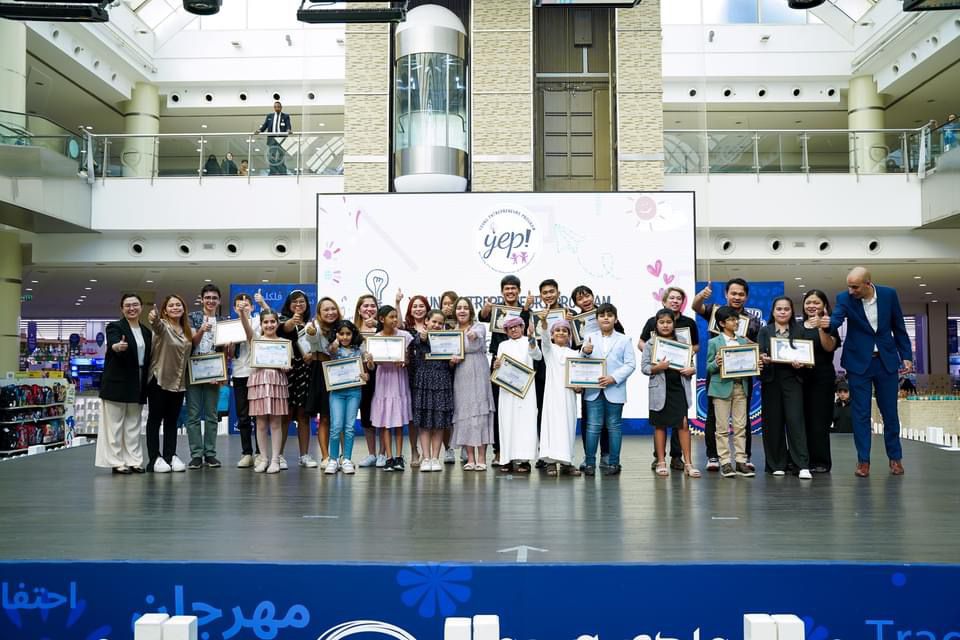British Embassy and EAD collaborate to plant 70 mangrove saplings at Jubail Island

The Environment Agency – Abu Dhabi (EAD) and the British Embassy Abu Dhabi have planted 70 mangrove saplings on Jubail Mangrove Island in a tree-planting initiative inspired by the Queen’s Green Canopy Project. The Abu Dhabi Mangrove Initiative was launched earlier this year to provide a platform for developing innovative mangrove planting solutions while mitigating the effects of climate change and raising awareness about mangroves’ importance and the need to restore them. The planting ceremony was attended by Dr. Shaikha Salem Al Dhaheri, Secretary-General of EAD, Patrick Moody, British Ambassador to the UAE, and Abdulla Al Shamsi, Corporate Director of Jubail Island, along with a group of Emirati and British students who helped plant the mangroves as part of a youth outreach programme.
The event served as an extension of the Abu Dhabi Mangrove Initiative, especially in the Year of Sustainability, which highlights the UAE’s rich heritage in promoting sustainable practices. At the ceremony, Dr. Shaikha said, “It is such a pleasure for us at EAD to honour the late Queen Elizabeth and be inspired by the Queen’s Green Canopy Project. We thank Patrick Moody for joining us today and helping to plant a significant species whose prime carbon-sink properties help us combat climate change.”
Mangroves are essential ecosystems that help support marine life and are a natural defence against rising sea levels, as well as providing natural adaptation to the effects of climate change and helping reduce greenhouse gas emissions. The Abu Dhabi Mangrove Initiative was established to increase the planting of mangroves in Abu Dhabi as part of EAD’s successful marine conservation programmes. Recently, EAD has planted around 15 million mangroves across Abu Dhabi’s coastal areas, including Jubail Island, Al Mirfa, and different locations across the Al Dhafra region.
Jubail Island has committed to planting one million mangroves over the next ten years, and the UAE aims to plant 100 million mangroves by 2030 to help achieve Net Zero by 2050. Moody said, “As we look forward to the UAE hosting COP28 later this year, it is important that we take action in various ways to tackle the interlinked crises of climate change and nature and biodiversity loss. Conserving and planting mangroves provides natural adaptation to the effects of climate change and helps reduce greenhouse gas emissions.”
The event also aimed to raise awareness of the importance of mangroves in the ecosystem, as well as to encourage youth participation in environmental conservation programmes. EAD and the British Embassy are committed to engaging with young people and empowering them to become leaders in sustainability and conservation initiatives. This event demonstrates their dedication to achieving sustainable goals, as well as their willingness to collaborate with other organisations to drive global change.
The planting of 70 mangrove saplings on Jubail Mangrove Island is a significant milestone in the Abu Dhabi Mangrove Initiative and an inspiration for other countries to follow suit. The initiative is a testament to the UAE’s commitment to sustainable practices and its efforts to reduce its carbon footprint. The involvement of youth in environmental conservation programmes is a key aspect of this initiative and sets an excellent example for future generations to follow. By planting mangroves, the UAE is taking a vital step towards achieving Net Zero by 2050, and we can expect more innovative initiatives like this to emerge in the coming years.





